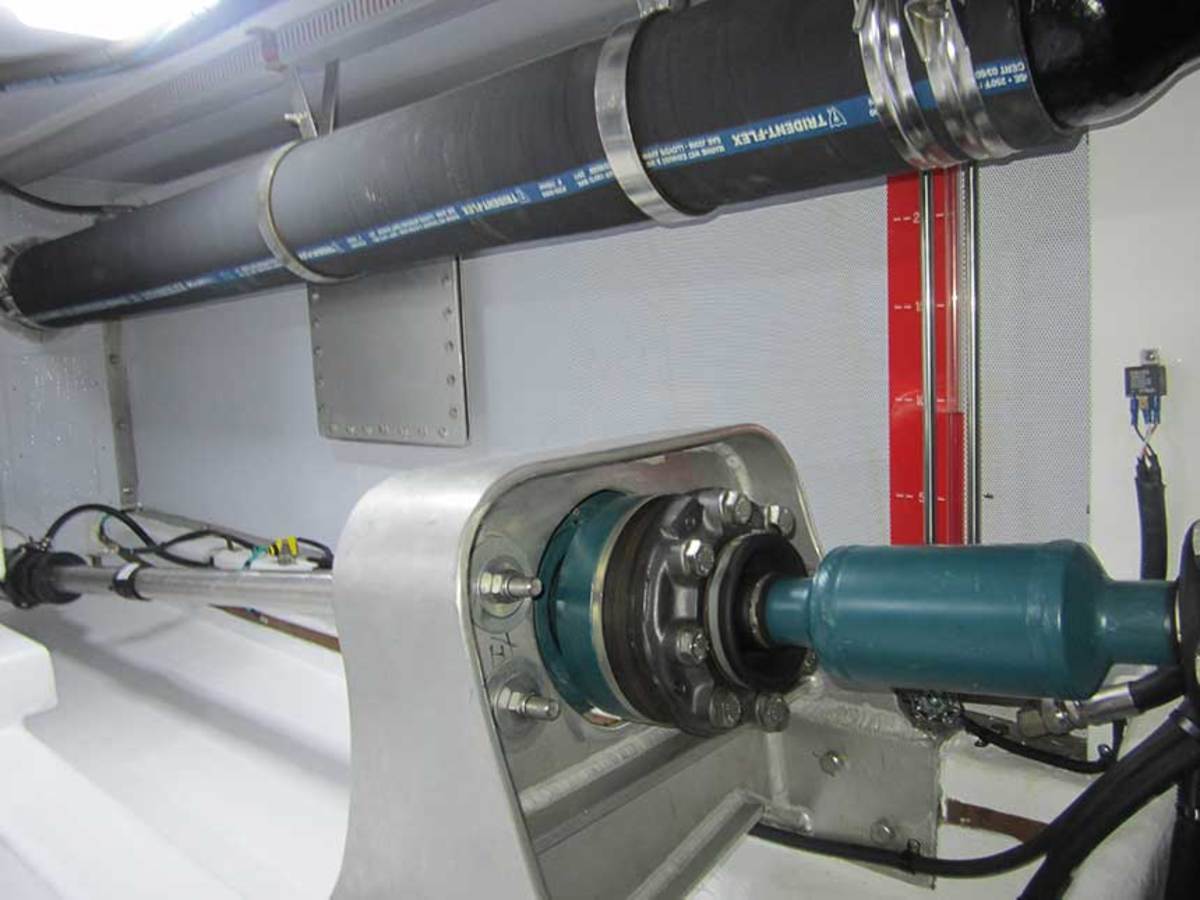The sun is shining, the sea is calm, and you’re cruising through the ocean on your vessel, enjoying the peaceful surroundings. Suddenly, you feel a jarring vibration, and the peaceful atmosphere is shattered. Your engine produces too much noise and vibration, causing discomfort for you and your passengers. What went wrong? The answer may lie in your marine engine mounts. Choosing the right engine mounts is crucial for your engine’s smooth and efficient operation. In this article, you can explore how to select the best one for your vessel, ensuring that you enjoy smooth sailing ahead.
Consider Your Engine Type: The first step is to consider the type of engine your vessel has. Different engines have different weight and vibration characteristics that require specific products. For example, a diesel engine might require a different mount than a gasoline engine due to the differences in weight and vibration.
Understand Your Vessel’s Size: The size of your vessel also plays a significant role in selecting the right product. The larger the vessel, the more significant the mounts are required to support the weight and vibrations of the engine. It is essential to check the weight and horsepower of your engine and match it with the engine mount’s appropriate size and weight capacity.
Choose Between Rigid and Flexible Mounts: They come in two main types: rigid and flexible. Rigid mounts are typically used for smaller vessels or engines with low horsepower, as they offer limited vibration absorption. On the other hand, flexible ones are recommended for larger vessels or engines with high horsepower, as they offer excellent vibration absorption and reduce noise transfer to the hull.
Determine the Durometer: The durometer is the measurement of its hardness. The higher the durometer, the harder the mount. Selecting the right one is essential to ensure that it absorbs the correct amount of vibration. A mount that is too hard will not absorb enough vibration, while a mount that is too soft will absorb too much and can cause other issues.
Consider the Material: Such products are typically made from rubber, polyurethane, or metal. Rubber is the most common and provides good vibration absorption while also being cost-effective. Polyurethane offers better vibration absorption than rubber but can be more expensive. Metal is the least common and is used for high-performance engines that require exceptional stability and rigidity.
Consult with a Professional: If you are unsure about which will best suit your vessel, it is always advisable to consult with a professional. A marine mechanic or engineer can help you select by considering your engine type, vessel size, and other factors.
Consider Your Budget: While selecting high-quality marine engine mounts is important, it is also essential to consider your budget. Their price can vary significantly, depending on the type, material, and quality. It is vital to balance quality and affordability to ensure you get the best value for your money.
Check the Warranty: Check the warranty period and terms and conditions before purchasing. A longer warranty period can provide peace of mind and ensure you can get a replacement or refund if they fail prematurely.
Consider Installation Requirements: Some may require special installation procedures or equipment, such as specific tools or adhesives. Make sure that you understand the installation requirements before purchasing.
Conclusion
Choosing the right marine engine mounts for your vessel is essential to ensure optimal engine performance, reduce noise and vibration, and prevent damage to the vessel’s structure and other components. By considering the engine type, vessel size, mount type, durometer, material, and budget, you can make an informed decision when selecting them for your vessel. Remember, if you are unsure, consult a professional to ensure you select the right products for your vessel’s needs.


















